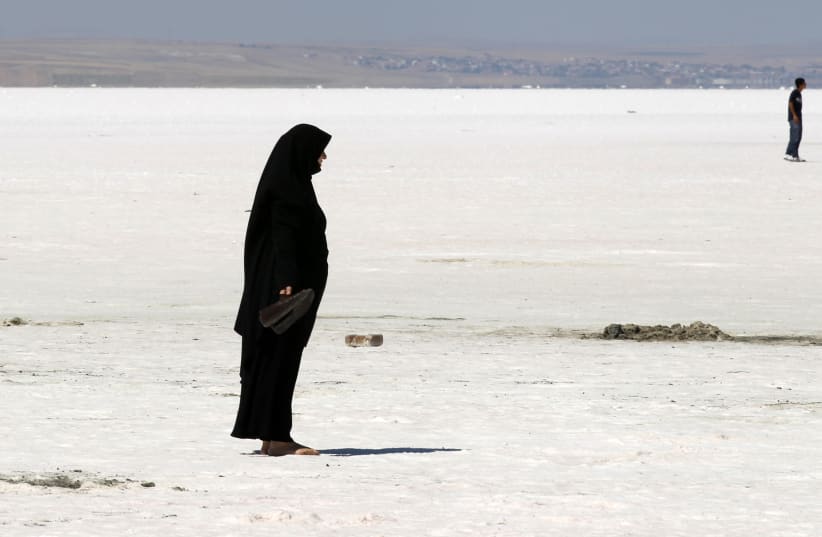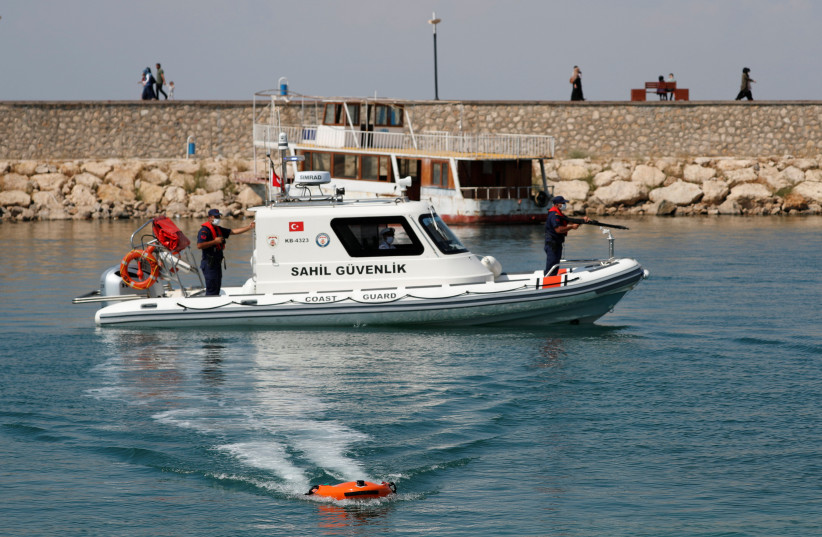Tuz Gölü, or Lake Tuz, the second-largest lake in Turkey, has dried up due to a severe drought threatening the entire Mediterranean basin, which experts attributed to climate change, according to a report by the Associated Press. Long-standing agricultural policies, including "unsustainable irrigation practices," are also to blame for the state of the lake, the report said.
Once home to numerous species of birds dependent on the algae usually found there, the lake is now littered with the carcasses of flamingos. Some 5,000 of them died because of the lack of water, the AP cited photographer and environmental activist Fahri Tunç as saying. The lake has been known to be a "breeding ground for the largest flamingo colony in the Mediterranean," according to Gizmodo.
Tuz Gölü, meaning "Salt Lake" in Turkish, is under consideration to be designated a UNESCO World Heritage Site, Gizmodo reported.
Other lakes in Turkey have also drastically receded as a result of the drought and policies that have exacerbated it, the AP report noted. For instance, the water levels of Lake Van, the largest lake in the country, have fallen so precipitously that two weeks ago, boats were unable to dock, according to the report.
This comes as the international community grapples with the impending climate crisis endangering countless ecosystems and human lives across the planet.
Representatives from hundreds of nations will meet this week at the United Nations Climate Change Conference (COP26) in Glasgow, Scotland, to discuss policies aimed at mitigating the effects of the crisis.
The Environment and Climate Change portal is produced in cooperation with the Goldman Sonnenfeldt School of Sustainability and Climate Change at Ben-Gurion University of the Negev. The Jerusalem Post maintains all editorial decisions related to the content.

